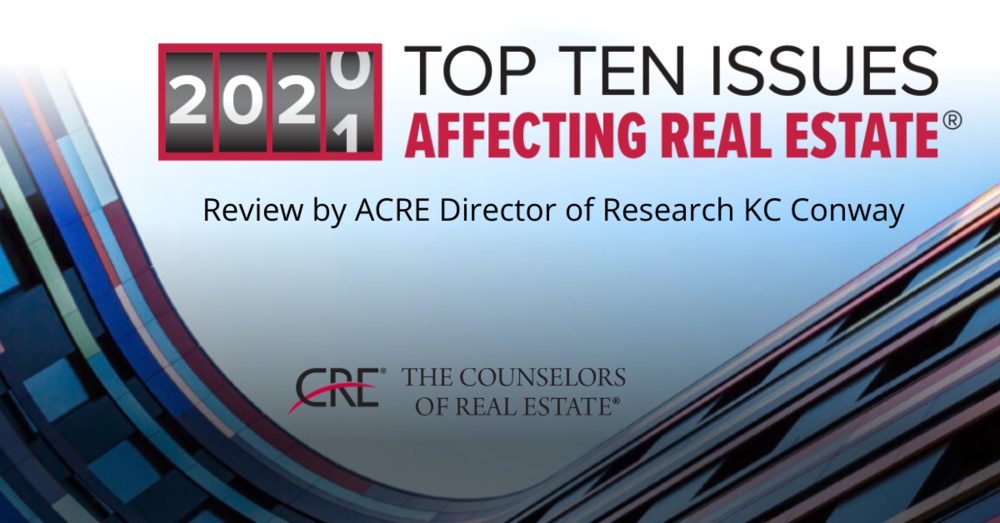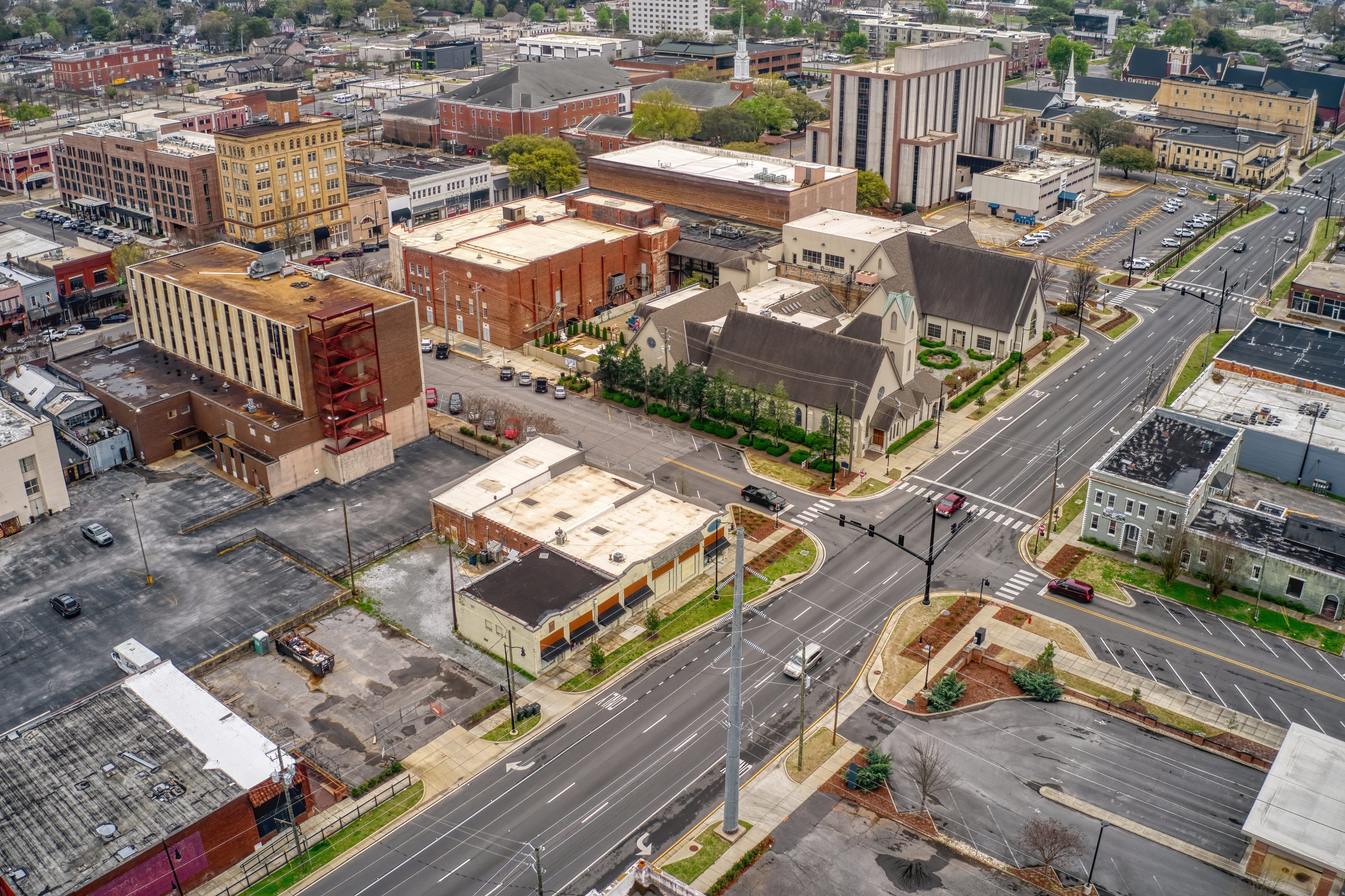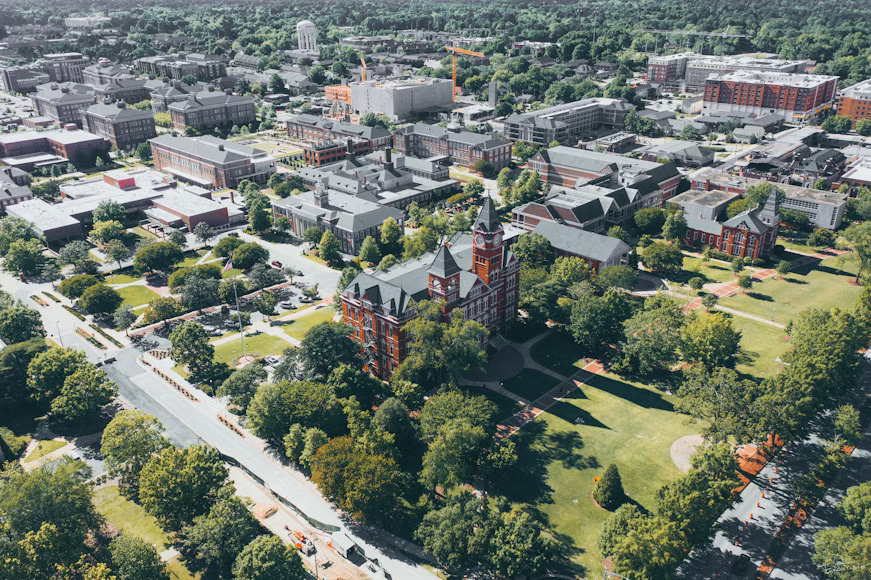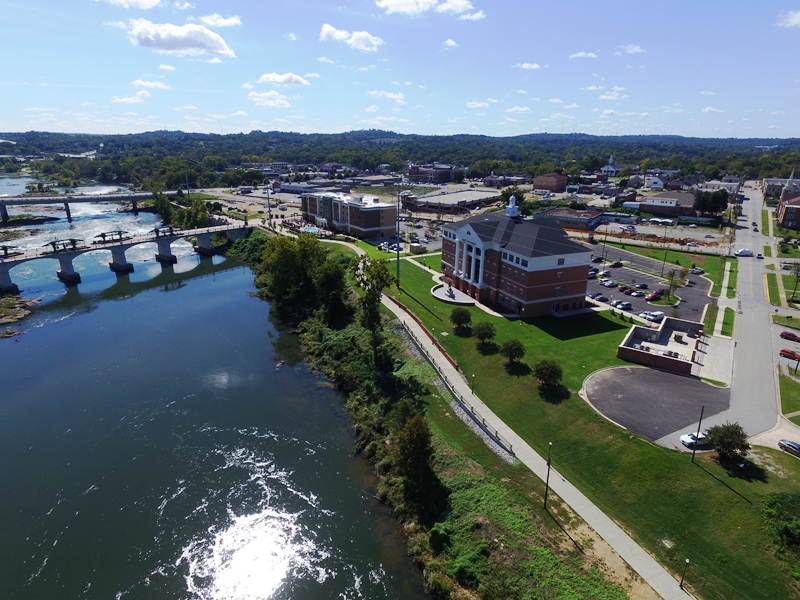On June 25, 2020, the Counselors of Real Estate released its annual list of “Top Ten Issues Affecting Commercial Real Estate” during a webinar presented to members of the National Association of Real Estate Editors (NAREE). For more than a decade, this list has been comprised from an annual study conducted among the Counselors’ approximate 1,300 global members that is intended to bring attention to the trends and burgeoning issues most impacting the commercial real estate industry in the near-term and long-term. The top five items are the near-term items; while those issues listed as six through 10 are considered the longer-term trends and issues that will take a period of years to fully play out.
The Counselors’ of Real Estate (CRE) was established in 1953 as “an international organization of high-profile, property-professionals which include principals of prominent real estate, financial, legal, and business advisory firms, as well as recognized leaders of government and academia.” In other words, it is a diverse group of CRE professionals engaged at the highest levels of private industry, academia, and government on commercial real estate design, development, and policy matters. They are truly engaged with the cutting-edge items in our industry be it ESG, affordable housing, infrastructure, or CRE finance and the capital markets. The Counselors is also an affiliate organization of the National Association of Realtors.
For 2020, the top item on the list was not surprisingly COVID-19. The coronavirus likely tops most lists that will do forensics on 2020 – or forecast 2021 at year-end. However, the other issues new to the top 10 for 2020, as well as those that dropped off, is a bit more interesting. The two unique new items for 2020 not on any prior top-10 lists dating back to 2012 were ESG (Environmental Social Governance) and Space Utilization. The rise and fall of WeWork in 2019, the advancement of remote work and e-commerce everything during COVID-19, and the recent social unrest all likely factored into these new items making the 2020 list.
Also making this year’s list were some repeat items, such Capital Market Risk, Affordable Housing, Infrastructure, and Technology & Workflow. There were also some repeat items from prior years that fell from the top 5 (near-term item) to a longer-term issue, such as infrastructure and technology impact on property use. It is not that either infrastructure or technology is out of focus, it’s just that COVID, the volatility of the capital markets from massive Federal Reserve intervention, and our unsustainable level of public and private debt came more into focus during the onset of this pandemic.
What moved up in the 2020 list is also noteworthy. Public & Private Indebtedness skyrocketed from number 10 in 2019 to number four in 2020. The Federal Reserve’s unprecedented intervention during COVID-19, and the Tax Foundation’s revelation of just how many states and municipalities are on poor fiscal footing from the coronavirus, both played into this issue. Only Affordable Housing remains a top-five or top-six issue each of the past five years. The stickiness of the affordable housing issue on the list suggests it is one of those systemic CRE issues we have yet to resolve. A lot of work remains to be done in the area of affordable housing.
What has fallen off the Counselors’ top 10 from 2019 or prior lists going back to 2012? Believe it or not it is items like political division, e-commerce and logistics, and global instability. The Counselors recognize we are a divided country on almost every issue and packed e-commerce and logistics into the 2020 number nine issue Infrastructure. I suspect logistics (supply-chain management in 2021), e-commerce, and global instability all re-emerge as top 10 contending issues in 2021. COVID-19 is driving these three items to levels of importance not seen since WWII. We need to relearn our WWII history and the root causes for Japan’s strike on Pearl Harbor to appreciate the collective nature of these three issues. China is today’s Japan. Rare-earth minerals and currency are the oil commodity of 1940 and moving manufacturing completely out of Asia is the developing equivalent to the oil embargo placed on Japan that backed them into a corner and instigated the attack on Pearl Harbor.
Below is the complete list of the 2020 top-10 commercial real estate issues in order of “most voted for issue” by the Counselors’ membership. The first five are the top near-term issues and the bottom five are the longer-term top issues.

Further examination of the history of the Counselors’ lists dating back to 2012 and consideration of what are the top-10 issues impacting Alabama commercial real estate, results in a few other observations that the Counselors of Real Estate may not have fully extrapolated in their initial NAREE release of the 2020 top-10 list:
Historical Reflection on the Annual Top-10 Issues List:
- Recessions and economic recoveries influence the near-term or top-five issues as priorities get adjusted from year-to-year. For example, in 2012 and 2013 as the U.S emerged from the Great Recession and the country was divided over Obamacare, two issues were prominent in the Counselors’ 2012 and 2013 top-10 issues: i) In 2012, the aging of the baby-boom population, elevated student loan debt balances, and the public funding of retirement and pension plans ranked as the top three in a post Great Recession period; and ii) in 2013, healthcare remained a top five issue ranking number two as the country remained divided over Obamacare and its impact on medical office demand.
- Emergence of “event-risks,” such as Brexit, hurricanes, energy volatility, and the Fed making sea changes in interest rates and monetary policy influence the Counselors’ near-term outlook on commercial real estate conditions. In 2015 and 2016, as Brexit emerged, the Federal Reserve attempted to end QE and raise interest rates elevating CRE finance concerns, energy prices collapsed, and hurricanes impacted US coastlines, questions about natural disaster risks and where we build, the capital markets, and interest rates were top issues on the list in both years. Also listed as top five issues in 2015, 2016, and 2017 were global uncertainty and the political environment.
- What has fallen off top-10 issues in the past decade are items like natural gas reserves in 2013, urbanization in 2015, the disappearing middle class in 2017, immigration in 2018 (remember “build the wall”), and political division from 2019. Energy and political division are certainly going to be top contenders for the Counselors’ 2021 top-10 issues list following the volatility in energy prices, loss of energy jobs, and the November 2020 elections where half the country will not be accepting of the result. We are a divided country and a divided economy – which is dividing investment in and demand for commercial real estate. COVID-19 exacerbates the divide.
Translating the Counselors’ Top-10 Issues to Alabama:
- Several of the Counselors’ Top-10 Issues resonate with the Alabama economy and CRE conditions, especially Economic Renewal, Affordable Housing, Flow of People, and Infrastructure. Alabama is a state that has remade its economy as a major technology center in both Birmingham and Huntsville with companies like Shipt, Facebook, and Blue Origin. Affordable housing is also a challenge in Alabama to support the workforce migrating in for the modern automobile manufacturing plants by Mercedes and Toyota-Mazda – and aviation with Airbus in Mobile. The U-Haul 2019 migration report highlighted Alabama is a top-10 place that people are moving to for jobs. It also explains why Alabama has an unemployment just below 10% at mid-2020 – or half the U.S. total of 21.2% (U-6 total unemployment rate). And, the 2019 Rebuild Alabama bill and enhancements at the Port of Mobile highlight that Alabama gets logistics infrastructure that has lured the likes of Amazon, FedEx and Walmart in the past two years.
- Other issues that would be top 10 to the Alabama economy and commercial real estate include: i) the other L&T industry (Leisure & Travel decimated by COVID-19 and which constitutes 8% of AL GDP; ii) workforce availability (Alabama needs more highly skilled workers for its modern manufacturing and logistics industries; iii) fiscal health of college and university towns and smaller MSAs with less-than 100,000 in population; iv) retail apocalypse as more of Alabama’s suburban retail goes vacant and succumbs to e-commerce in this COVID-19 era; and v) adaptive reuse. More projects, like the renovation of the historic downtown Birmingham Greyhound Bus station that both “turn blight bright again” and preserve culture in this era demanding more focus on “S” than “E” in ESG, are needed. Alabama has great assets to repurpose and to deploy AdRu strategies upon as exemplified by the Rotary Trail in downtown Birmingham and historic downtowns from Huntsville to Mobile.
—
K.C. Conway, MAI, CRE, CCIM is a member of the Counselors of Real Estate 2020 external affairs committee that produces the annual Top-10 CRE Issues and was the author of the number four Public & Private Indebtedness issue.





